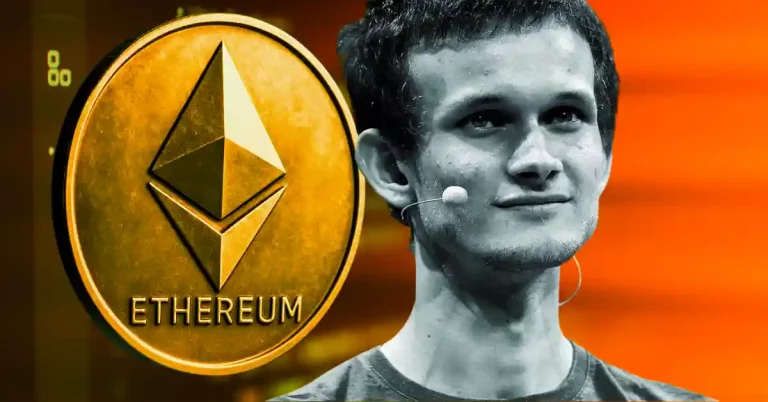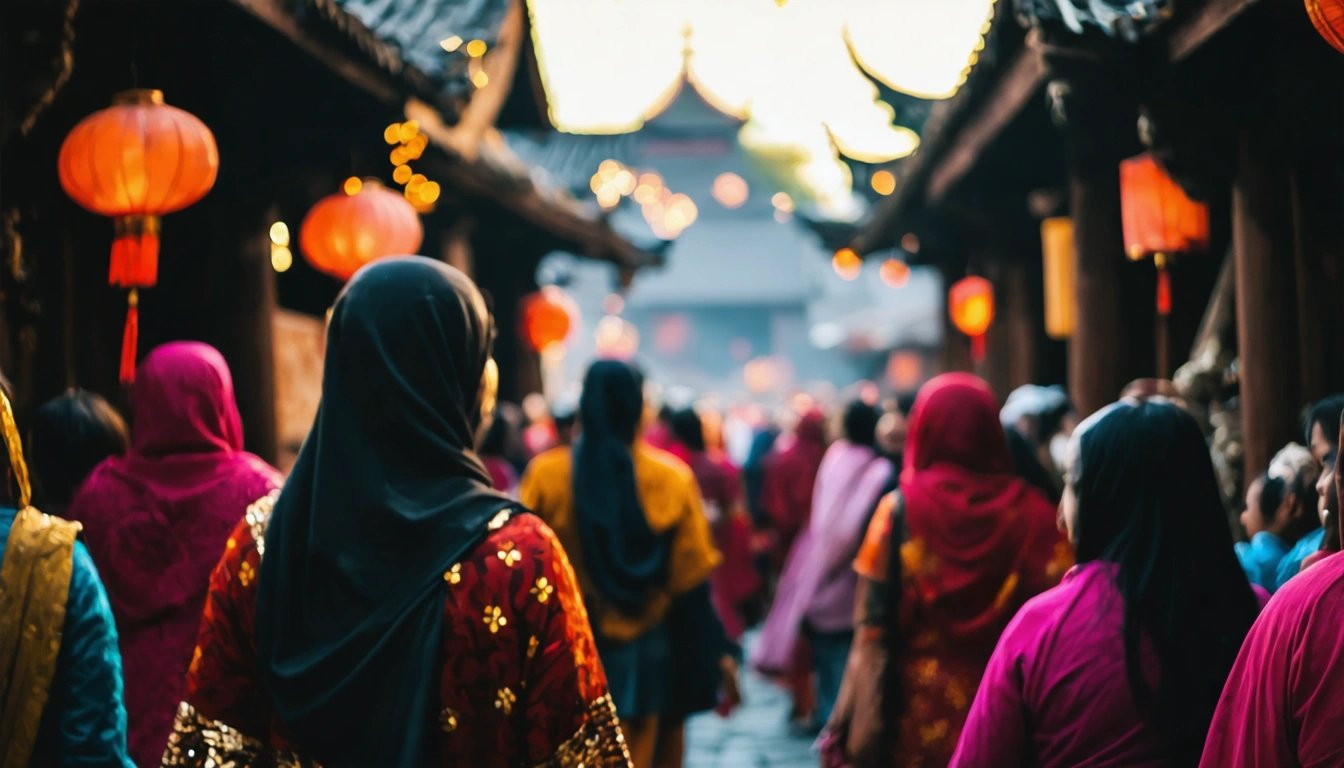
Introduction to Festivities
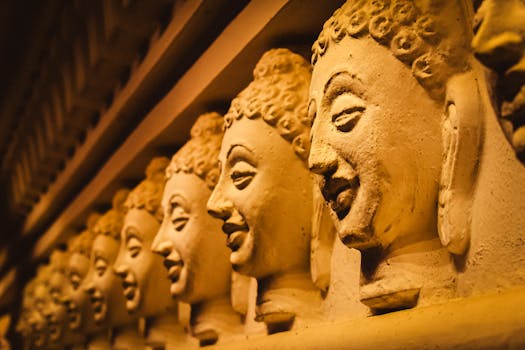
Festive traditions play a vital role in cultures worldwide, symbolizing unity, joy, and celebration. These traditions often highlight the unique customs of each community and serve as a means to connect the past with the present, fostering a sense of belonging among individuals. Through shared rituals and festivities, communities come together to honor significant milestones, natural events, or jovial spirits.
The Joyous Spirit of Christmas
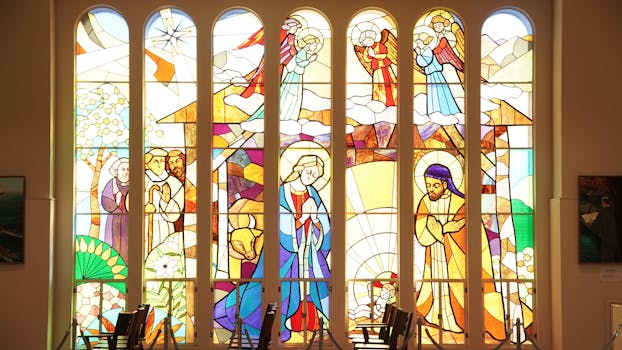
Christmas is one of the most widely celebrated festivals around the world, marked by unique traditions that vary from one culture to another. In the United States, families gather around the Christmas tree, exchange gifts, and indulge in festive meals that feature everything from turkey to pumpkin pie. Meanwhile, in Germany, the Advent season builds anticipation, and the tradition of the Christmas market began. From caroling to hanging stockings, Christmas traditions invite families and friends to embrace generosity and togetherness.
Cultural Insights Through Diwali
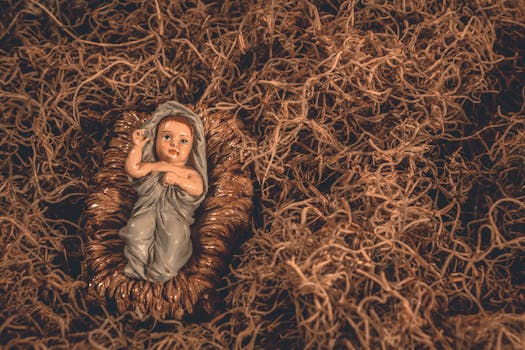
Diwali, known as the Festival of Lights, is celebrated predominantly in India but has reached global admiration. This five-day festival signifies the victory of light over darkness and good over evil. Families clean and decorate their homes with colorful rangoli, light oil lamps (diyas), and burst fireworks to celebrate knowledge and wealth. Certainly, what sets Diwali apart is its ability to foster love among friends family, as Indians feast on sweets, exchange gifts, and embrace spiritual renewal together.
The Colorful Festival of Holi
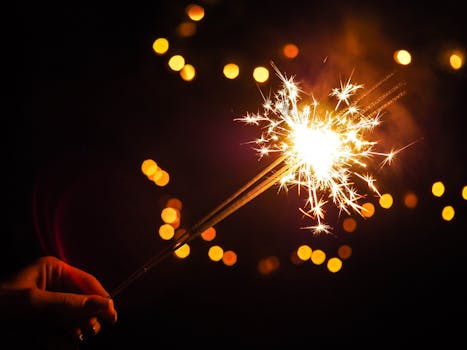
India also presents another significant festive occasion known as Holi, which fills the streets with color and joy. Often dubbed the ‘Festival of Colors,’ Holi symbolizes the arrival of spring and the celebration of love and friendship. Participants joyously throw colored powders and water at one another, devoid of societal restraints, promoting community spirit and acceptance. Holi serves not only as a spectacular visual delight but as a heartfelt expression of human connection and harmony.
Hanukkah: The Festival of Lights in Jewish Culture
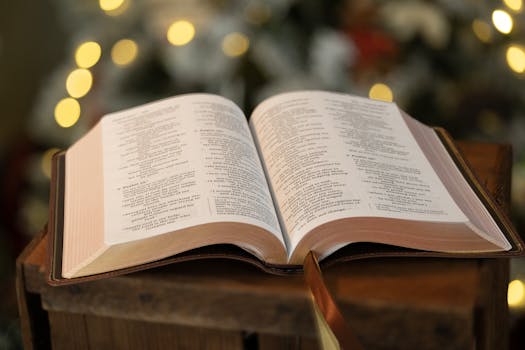
Within Jewish communities, Hanukkah, or the Festival of Lights, is celebrated for eight nights and days, representing the miracle of the oil that lit the menorah in the Temple. Families come together during this cherished time, lighting candles each night, playing dreidel, and enjoying delicious foods like latkes (potato pancakes) and sufganiyot (jelly-filled donuts). Hanukkah exemplifies adaptation and persistence through celebration and remembrance of faith amidst adversities over centuries, marking its importance in cultural heritage.


